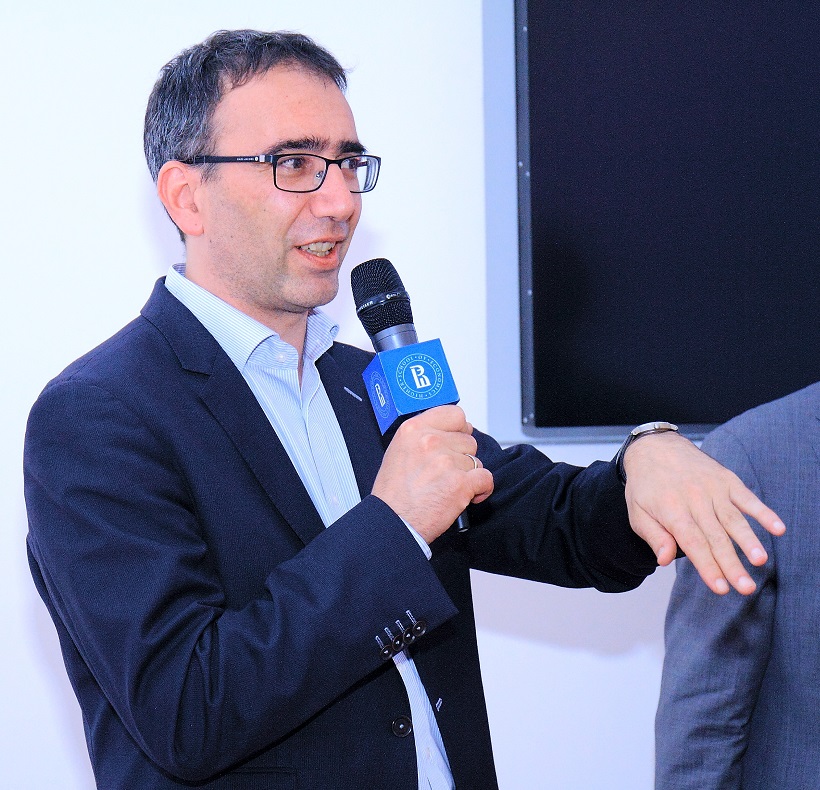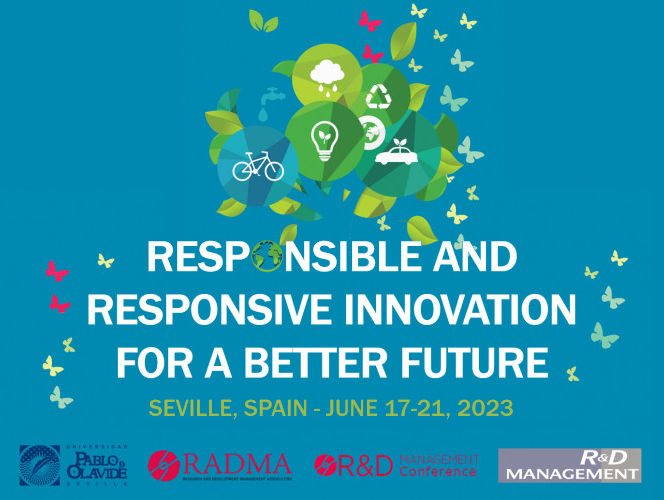Entrepreneurial Ecosystems (EE) are traditionally considered as being regionally embedded in cities, metropolitan areas, regions, or even countries, and comprise frameworks that benefit from shared resources, networks, knowledge spillovers, local endowments and support from institutions and policy.
However, considering entrepreneurial ecosystems as isolated analytical units defined by political/administrative boundaries can cause an inadequate comprehension of how entrepreneurship-oriented relationships are organised across territories. In this article the co-chairs from a track at the 2023 R&D Management Conference consider recent developments in this field.
Entrepreneurial Ecosystems
Entrepreneurial Ecosystems may involve the interactions between:
- entrepreneurial actors (incubators, accelerators and other support systems)
- resource providers (investors, universities)
- connectors (business and sectoral associations)
- entrepreneurial culture.
Until recently, EE scholars have dedicated scant attention to how the linkages between these players – formed to foster innovative endeavours – are shaped by geography.
The relationship between the EE with other regions can change over the course of EE’s evolution and is likely to be related to sectoral orientations, institutional contexts and evolutionary trajectories.
Furthermore, the increasing prominence of digitisation processes is expected to play a pivotal role. Affecting not just the territorial scope of EE, but also potentially shaping distinct dynamics of interactions that emerge as part of a wider global phenomena.
Taken together, these features challenge the dominance of a ‘local’ perspective on the dynamics and evolution of EE. In order to engage in a more nuanced comprehension of these linkages, it is essential to delve deeper into their diversity of spatial linkages.
Dirk Meissner, Christina Theodoraki and Bruno Fischer are co-chairs of the track ‘Exogenous linkages of and between entrepreneurial ecosystems: Perspectives from Interregional and Global connectedness’ at the 2023 R&D Management Conference.
Ahead of the conference we asked them some questions about new developments.
![Bruno Fischer [image from Wikimedia, author Sssantos1980] Bruno Fischer [image from Wikimedia, author Sssantos1980]](https://www.rndtoday.co.uk/wp-content/uploads/2022/11/Bruno-Fischer-web.jpg)


Q. Do you think that location has become less vital with the advent of digital communications and rapid prototyping? Might it be possible to spontaneously create an ecosystem independent of geography?
A. While increased digitalization has certainly played a role in the process of diminishing the centrality of location-specific assets, its effects on the spatial concentration of startups remain to be seen.
The emergence of innovation-driven new ventures is still connected to well-known hubs (Silicon Valley, of course, but also Bangalore, Tokyo, Shanghai, Tel Aviv and others). In this sense, I do not see how an ecosystem could be spontaneously created independent of geography.
However, it should be recognised that entrepreneurial ecosystems are not isolated units that simply rely on locally available capabilities and resources.
Instead, thriving ecosystems seem to be those locations that can build on geographically dispersed sources of assets to locally promote the co-creation of value. We cannot neglect the fact that entrepreneurial finance comes from different parts of the world, as it is also true for people and knowledge itself.
This is the main advantage of very successful locations – these meta-capabilities that are spread across local agents, institutions and culture. At the same time, this is what makes it so hard for ecosystems to emerge in peripheral regions.
Q. Migration flow is one of the themes for this track – the UK has recently reduced the ease in which young professionals can work in its country and also restricted the freedom of its students to study abroad – do you think this isolation will impact its entrepreneurial ecosystems?
A. Decisions on migration policy are, of course, multifaceted and highly complex. They go well beyond the realm of entrepreneurial ecosystems. But in addressing this specific connection, restricting the international flow of people is typically a shortsighted way to address pressing issues.
The long-term risks are relatively clear and they involve reduced levels of international collaborations and absorption of human capital. In short, it means that these policies are hampering knowledge flows in ecosystems.
This will probably have significant effects on (a) attractiveness of ecosystems for highly promising individuals and start-ups; (b) thus leading to a decrease in innovative activity; (c) ultimately translating into lower aggregate capacity to generate value.
Q. Facilitators have been shown to have an important role in the development of entrepreneurial ecosystems – in your view, are the best facilitators governmental organisations, non-profit making organisations or business membership organisations?
A. This is one of the biggest conundrums in entrepreneurial ecosystems’ practice and policy. Honestly, I believe it is a debate that depends on several aspects. First, it depends on the trajectory/stage of maturity of the ecosystem. Literature has shown that the governance structure of ecosystems is likely to change over time. This happens because the nature and density of interactions change, so it is reasonable to expect that the organization of the ecosystem will also have to adapt.
Second, the role of the actors is contingent upon location-specific elements associated with formal and informal institutional settings. In some countries, the leading role of government is accepted and expected. In others, less governmental coordination is the rule, so NGOs and entrepreneurial associations may take the lead as ‘orchestrators’ of the ecosystem. In any case, what a ‘healthy’ ecosystem should demonstrate is coherence (where are we going?) and cohesion (how connected are we to get there?) among facilitators. The lack of coherence and cohesion is relatively common and it creates confusion in the ecosystem.
A special issue of Small Business Economics will be covering this topic – abstracts are being accepted until 30 April 2023. Find out more at springer.com.
R&D Management Conference 2023: Responsible and Responsive Innovation for a Better Future
Pablo De Olavide University, Spain, 17-21 June 2023
Track Chairs: Dirk Meissner, HSU University
Christina Theodoraki, TBS Education
Bruno Fischer, University of Campinas


